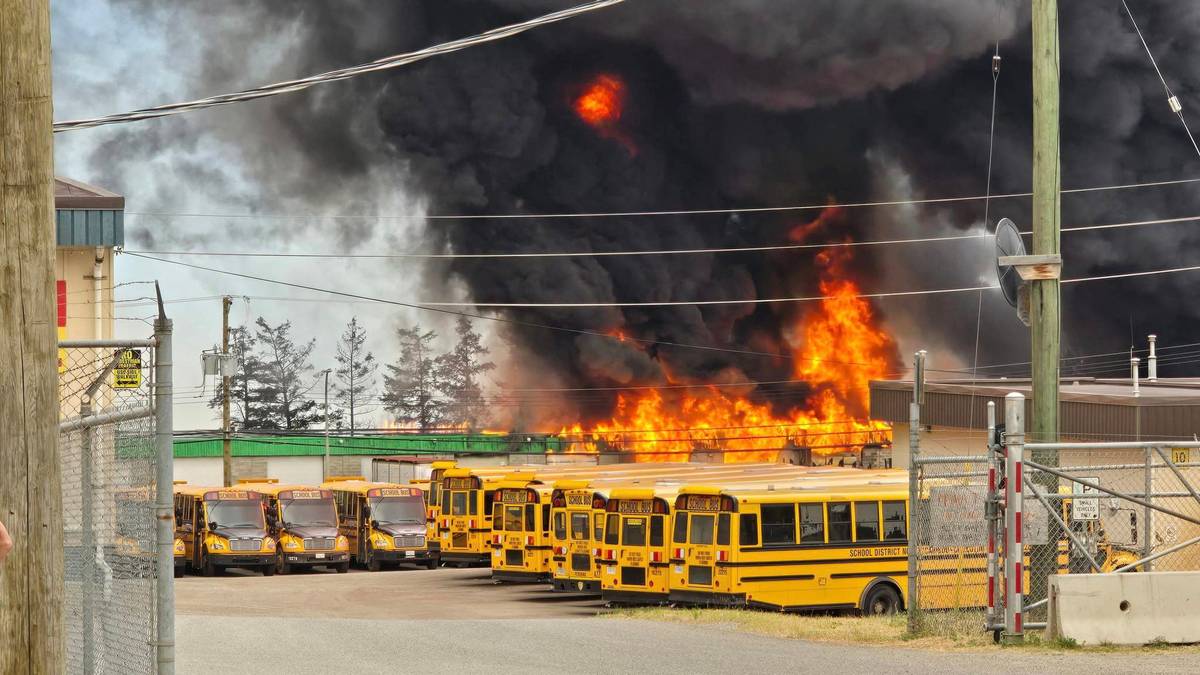On March 30, nearly a million emails between employees of the Russian State Broadcasting Corporation (VGTRK), dating back to a 20-year period, were leaked onto the free internet.
The attack on the TV channel – which is, among others, the home of famous Russian presenter Vladimir Solovyov – is just a small part of a full-scale cyber offensive against Russian companies and government agencies.
according The Washington Post A recent study shows that the amount of passwords and other sensitive information from Russia that leaked onto the Internet in March exceeded the total amount of data from any other country.
According to the newspaper, neither Western powers nor well-known criminal hackers were behind the attack on VGTRK – but a small “hacktivist” group called Network Battalion 65. “Hacktivism” is a new word made up of the words “activism” and “hacking”. ” – i.e. data breaches.
To the newspaper – which claims to have interviewed them via an encrypted messaging service – they claim that neither Ukraine nor other government powers are assisting or funding them in any way.
– We pay for our own infrastructure and set aside time alongside our professional and family obligations to do so. We don’t ask for anything in return. It’s simply the right thing to do, an unnamed spokesperson told the newspaper.
Murder of a journalist in the West Bank: – Condemned
– To lose one’s breath
Network Battalion 65 would be far from alone.
– Russia is being hacked to an extent we’ve never seen before, by a lower level of hackers – and tens of terabytes of data are raining down from the sky. Historically, Russia has been systematically attacked by a higher echelon – the Five Eyes Alliance and the Chinese government – but right now the scale of the leaks is breathtaking.
That’s what security researcher Juan Andres Guerrero-Saade of computer security firm SentinelOne told the major British newspaper. Financial Times.
Five Eyes is an intelligence alliance made up of the countries Australia, Canada, New Zealand, United Kingdom and United States.
The “soldiers” of the new digital war against Russia are pro-Ukrainian hackers as well as opportunistic criminals, the newspaper writes.
The targets range from the Russian Ministry of Culture to the state oil pipeline company Transneft and parts of the Russian Orthodox Church.
The result would be “several hundred million leaked documents”, according to the Financial Times.
A recurring theme, according to major newspapers, is denied service against Russian sites. This may include, among other things, bombarding an online service with traffic, in order to overload the system and temporarily take the site out of service.

Say no to Putin
warns
However, Guy Golan, head of IT security firm Performanta, warns that the attacks could have unintended consequences:
“This army of hackers will be a great story to tell the kids year after year, but it’s extremely dangerous,” he told the Financial Times.
Golan continues:
– They can imagine they are performing a heroic act, but imagine a general in Russia who has to answer for the loss of water supply in Moscow? The balance can suddenly be catastrophically upset.
Along with hacker attacks, alleged leaks are released under the auspices of the Ukrainian government, according to The New York Times.
In April, the newspaper wrote that Ukraine had published the names of Russian soldiers who took part in the Butsja massacre, as well as the alleged names of agents of the Russian FSB security service.
The name lists have not been verified by independent third parties and it is unclear whether they were acquired through data breaches.
Many of the allegedly leaked documents end up in the collection of the Distributed Denial of Secrets notification website. Co-founder Emma Best describes extent of Russian leaks as ‘overwhelming’ on website The interception.
– WikiLeaks claimed to have published ten million documents in its first ten years. In less than two months since the invasion began, we have released more than six million Russian documents, she told the website in April.

“Web specialist. Social media ninja. Amateur food aficionado. Alcohol advocate. General creator. Beer guru.”






